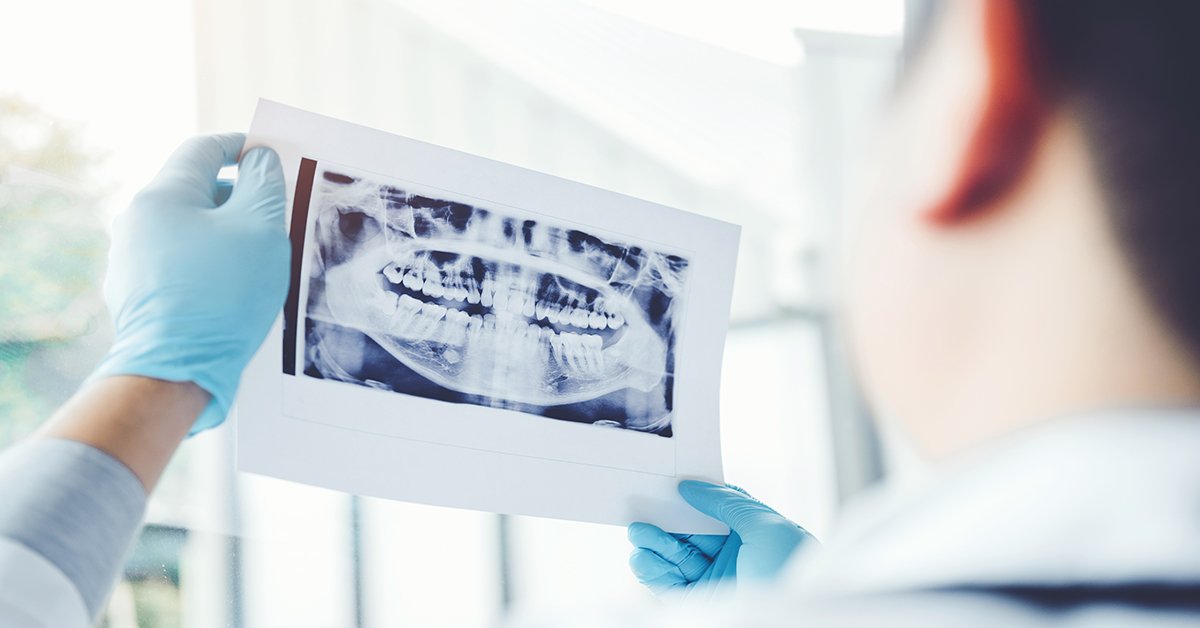
Image credit: shutterstock
National Dental Centre Singapore’s research arm, the National Dental Research Institute Singapore (NDRIS) has established an international collaborative research consortium known as the Global Consortium of Oral Health Birth Cohort Studies (GLOBICS).
The consortium aims to generate and disseminate scientific evidence from Oral Health Birth Cohort Studies (OHBCS) on chronic oral conditions. The information can be used to inform and work closely with policymakers and health professionals influencing relevant transformation in the promotion, prevention, and treatment of chronic oral diseases.
The research consortium aims to enable data pooling to make comparing findings from OHBCS easier, enhance statistical power, and enrich collaboration and harmonisation of methods. One of the objectives of GLOBICS is to provide assistance based on the best scientific evidence for the promotion and prevention of the main oral diseases in the population. Based on the results obtained from a global analysis of birth cohort data, simulations can be performed in Singapore to analyse the impact of new oral health measures at the population and individual levels.
GLOBICS also serves to provide training for future generations of researchers. The consortium aims to help more recently established OHBCS teams learn from more longstanding studies' experiences, identify possibilities, and facilitate new oral health-related birth cohort studies in low- and middle-income countries.




